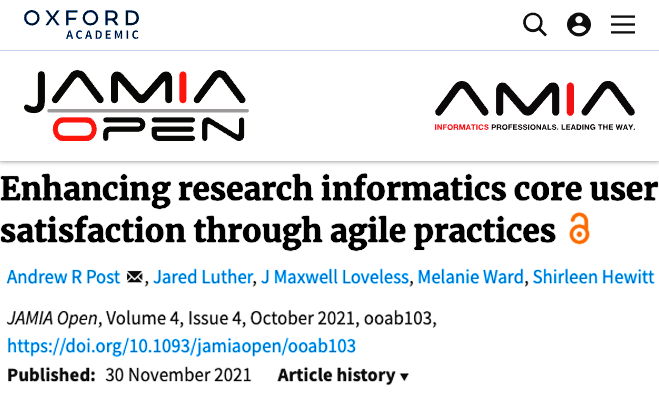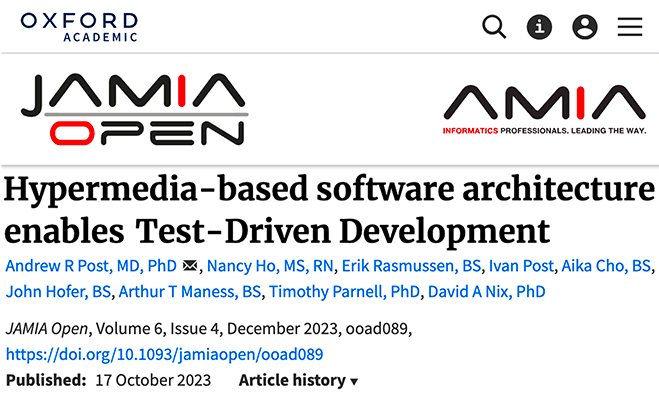- Administration Apps
-
Clinical/Research Apps
- Cancer Clinical Research (CCR)
- Clinical Trials - OnCore
- Comprehensive Oncology Research Environment (CORE)
- CORE Browser
- CORE Browser FAQs
- iQ (Integrated Query Tool)
- itBioPath (RETIRED)
- LabVantage
- Metabuilder - BST - (itBioPath)
- Metabuilder - Pathology
- Metabuilder - RSR - (Subject)
- Patient Status Review - CCR
- PayTrac
- REDCap
- Research Subject Registry (RSR)
- Genomics Apps
Cancer Clinical Research (CCR)
Launch CCR 2024
Cancer Clinical Research (CCR) allows Cancer Groups, at the University of Utah/Huntsman Cancer Institute to facilitate translational research through closely linked clinical and research investigations.
The programs, or Cancer Groups, are commonly engaged in:
- Applying common standards for clinical assessment and quality assurance.
- Understanding the underlying cellular, molecular, and biochemistry mechanisms contributing to the development of cancer.
- Understanding the genetic causes, environmental factors, and inheritance patterns involved in the development of cancer.
- Applying research results to innovative new clinical methods of prevention, screening, diagnosis, and therapy.
The CCR Database provides a common repository for cancer specific clinical and research data to support the translational research. The repository is not a repetition of the existing electronic medical record, but is instead used:
- To provide additional, complementary, cancer specific information.
- To provide a cancer clinician and researcher viewpoint for organization and presentation of the data.
- To allow for collection of research parameters for the various approved research studies.
- To allow for side by side comparison and mining of clinical and research data.
Some of the information in the repository is very similar across Cancer Groups, such as patient demographics, test results, samples, diagnosis history, staging history, and cancer progression. Another area of commonality for the Cancer Groups is in connectivity to other clinical or research databases. Much of the information in the repository assists in viewing the patient longitudinally, progressing from pre-disease history and screenings, through diagnosis, treatment and follow-up.
On the other hand, many of the details of cancer care and research evaluation need to be tailored to the specific needs of each Cancer Group. Each Cancer Group has the ability to create customizable and extensible Patient, Study, Tumor, Pathology, and Medical Event data.




